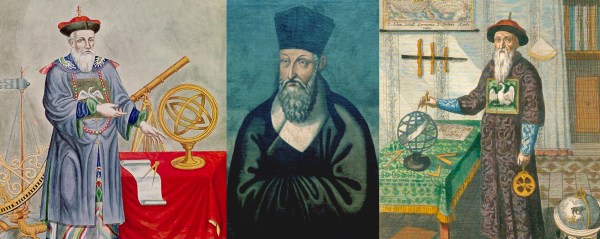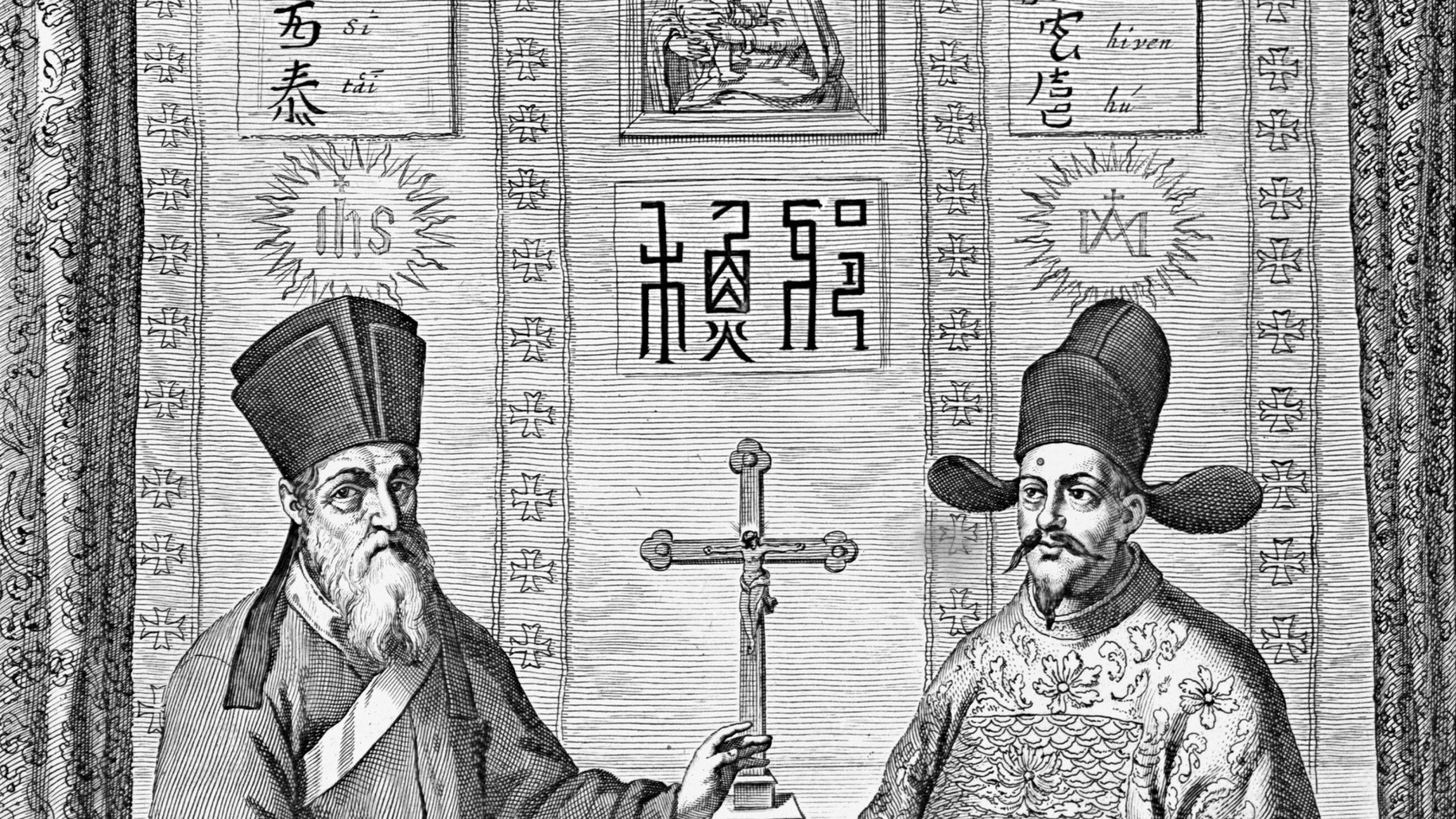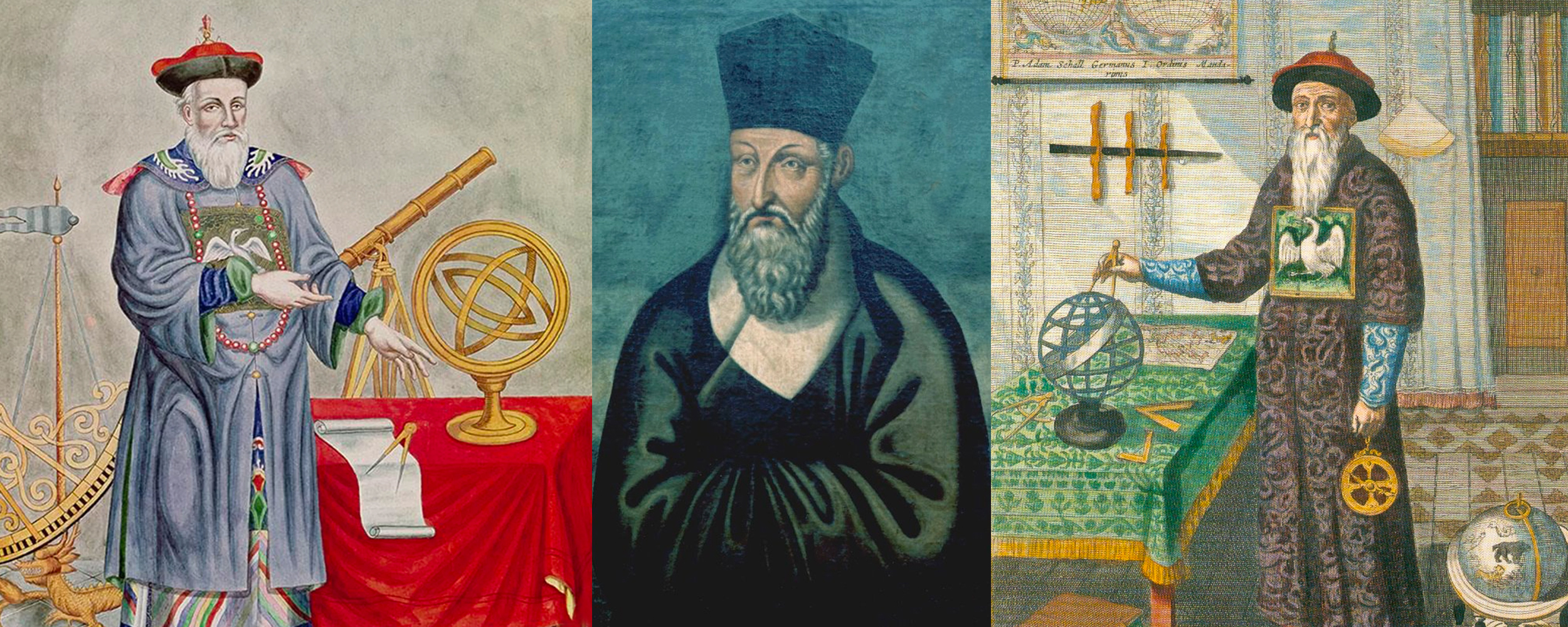This spring, a Canadian ministry organized a bu dao hui or “evangelism meeting,” for Chinese diaspora. Their topic: science and faith. For an hour, the audience learned via livestream how the Big Bang theory proved the beginning of time and space and the extreme complexity of the biological systems and genetic coding pointed to the existence of a creator and designer of the universe and human life. They heard an explanation of “general revelation” and “special revelation.” And they received an invitation to the Gospel.
At the end of the Zoom conference, many of the more than 200 viewers offered feedback in the form of entering a letter. Numerous “C”s appeared on screen, indicating “I am already a Christian.” However, there were also several “A”s, meaning “I accepted Christ as my savior and Lord tonight.”
Using science as a hook to share the gospel has long been a way for Chinese Christians in North America to share their faith to their non-believing friends. A significant number of the better- known Chinese evangelists have a scientific background and often speak at churches on the relationship between science and Christianity. Many churches believe science-related lectures and discussions draw seekers’ attention, a conviction that stems from a long history of Chinese intellectuals’ changing feelings about the relationship between science and Christian faith in the country.
The missionaries arrive
Long before the Roman Catholic Church started sending missionaries to China in the 16th century, Chinese philosophy and worldview was dominated by Confucianism, Buddhism (with Chinese characteristics) and Taoism. Chinese intellectuals and officials did not value science and technology, and science was especially under-developed. Although there had been significant advances in some areas of technology in her earlier history, e.g., in the Tang Dynasty (618-907 AD), China had fallen far behind in science and technology before the Ming Dynasty (by the 14th century).
When Matteo Ricci and his fellow Jesuit missionaries to China first arrived in 1583, they quickly became known for their zeal in introducing scientific knowledge to China. The Catholic missionaries (the most well-known beside Ricci include Adam Schall and Ferdinand Verbiest) used this strategy to gain a foothold within the Chinese elite (who desired to strengthen China by learning from the West) and achieve their ultimate goal of spreading their faith.
They made friends with the high-ranking officers in the emperor’s court and dialogued with highly-educated Chinese Confucianist scholar-officers (the most famous of whom was Xu Guangqi, who later converted to Catholicism). They gained respect for their impressive knowledge of astronomy, calendar-making, mathematics, hydraulics, and geography and came on as experts on special imperial commissions in scientific and technological fields. Their contribution to the development of China made many sympathetic to Christianity, and their positive influence on Chinese society and culture are still remembered by Chinese intellectuals today.
 WikiMedia Commons
WikiMedia CommonsProtestant missionaries started coming to China in the early 19th century and quickly began building hospitals and universities. Out of their belief of a holistic mission strategy, they helped the development of science and technology in Ming and Qing Dynasties China, especially in medical science and science education. Many of the best universities and hospitals in China today have their roots in the historical universities and hospitals established by Protestant missionaries.
Opposition and persecution
Despite these contributions, during the Ming (1388-1644) and Qing (1644-1912) dynasties, Christianity was mostly regarded by Chinese intellectuals as a “foreign religion” harmful to traditional Chinese culture and beliefs, and missionaries as “tools of Western imperialist cultural invasion” with a hidden agenda. During times of political turmoil, rulers might stoke nationalist movements and encourage hostility to Western missionaries. In the 1900 “Boxer Rebellion”, dozens of western Protestant, Catholic, and Orthodox missionaries and thousands of Chinese Christians were massacred throughout northern China.
In the 1920s the Anti-Christian Movement broke out in China sparked by the 1919 May 4th Movement’s embrace of Western ideas of democracy and science. Influenced by Marxism and other non-Christian western thought, many progressive intellectuals viewed Christianity as both anti-democracy and anti-science.
After the Chinese Communist Party (CCP) led by Mao Zedong took power in 1949, the Communist government set up the so-called “Three-Self” (self-governance, self-support, and self-propagation) churches that were willing to separate from the “imperialist” forces and cooperate with the CCP. The Three-Self churches became the government-sanctioned churches and the government persecuted and jailed pastors and church leaders who refused to join the system.
The non-conformist church eventually became the underground “house churches.” During the Cultural Revolution (1966-1976), both the house churches and the Three-Self churches were banned and destroyed as “old imperialist garbage.” Christianity was criticized as imperialist and anti-scientific and ironically even “Western capitalist science” was regarded as “reactionary.” For the persecuted Chinese church in this era, science was understandably not an issue of priority.
After Mao’s death, China opened its doors to the West. House churches began to grow at a shockingly rapid rate in the 1980s and 1990s and expanded from the countryside to the fast-developing cities. Urban house churches had a significantly higher proportion of intellectuals and professionals in their congregations. The Christians in these churches inherited the pietism and fundamentalism from the traditional countryside house church Christians, but at the same time they had much more contact with the outside world (especially after the Internet became popular) and were more influenced by Western theology and philosophy.
The arrival of the internet
After the CCP’s suppression of the 1989 Tiananmen Square democracy movement, many disillusioned and heart-broken young Chinese intellectuals immigrated to the US and Canada countries, with a significant number converting to Christianity. Most of these immigrants were graduate students and scholars in natural science, so they had specific interest in the relationship between science and Christianity.
As internet access became mainstream in the 1990s (and prior to the creation of the Great Firewall), BBSs and online forums became a popular destination for Chinese Christians all over the world to have dialogue with unbelievers and practice internet evangelism and apologetics. The most heated debates were about science vs. Christianity, especially evolution vs. creation, and the question of whether “science has disproved God”. The controversy is not surprising considering that the official ideology of China has been Marxism-Maoism (which was labeled as “scientific socialism”) and official education in China had indoctrinated students with anti-religious dogmas.
For the past two decades, the most influential apologetics book in the Chinese church has been Song of a Wanderer (You Zi Yin), written by Li Cheng, an evangelist with a PhD degree in biology. The book remarkably contains a lot of discussions about science and faith, especially criticism of the evolution theory, and it has served as the number one choice of an apologetical book for Chinese churches and Christians to give to their seeker friends, many of whom have a scientific background, as a gift.
Apologetics and evangelism today
Today, the urban house churches in China (who face even greater persecution) and diaspora Chinese churches outside China continue to face challenges from secularism and materialism. In their evangelism and apologetics, Chinese Christians still often meet opposition from scientism and other modernist thoughts, as well as from postmodernism.
In general society, the majority of scientists in China continue to regard Christian creationism (especially Young Earth Creationism) as an anti-scientific, evolution-truth-denying, religious nonsense. However, the attitude towards science-related Christian apologetics among today’s Chinese intellectuals is not entirely hostile.
In July 2021, the transcript of a video by the famous physicist Chen-Ning Yang, one of the very few Chinese Nobel Prize laureates and one of the most respected scientists among Chinese, was posted on the internet. In the video Yang answered the audience’s question of “Does God exist?”
“If you are talking about an anthropomorphous ‘god,’ I don’t think such a being exists. But if you ask me whether there is a Creator of the Universe, I think there is,” he said. “Because it is not coincidental that the world has such a delicate structure… The laws of nature are so ordered, but the combinations are random, therefore any product with a purpose must be a product from intelligent design.”
While there is no other evidence that indicates that Yang has converted to Christianity, he seems to have become a theist or deist because of new scientific discoveries.
Within the Chinese churches, domestic or diaspora, there is diversity in Chinese Christians’ views on creation vs. evolution. Young Earth creationism is still the most accepted by Chinese Christians in China and overseas. Last year, ReFrame Ministries translated two books into Chinese discussing the creation vs. evolution debate. One book introduces the diversified Christian perspectives on the issue, another focuses more on Intelligent Design.
In July 2022, the organization will publish another book, Above All Things: The Romance and War of Christianity and Science, written in Chinese and coauthored by Jidian (myself) and Xiao Zao, both Chinese evangelists with a scientific (chemistry and physics) background.
There is still work to be done for Chinese Christians to overcome an anti-science mentality (mostly rooted in fundamentalism) and for the apologetics field to learn how to harness modern science evangelism purposes. Christian apologetics and evangelism should be person-specific and be especially sensitive to the cultural and historical background of the seeker. Within this, strategic scientific apologetics arguments may have particular weight, specifically when engaging Chinese intellectuals. It is my hope that reflecting on the history in this article may benefit Christians in contextualizing for their apologetical and evangelism efforts.
Sean Cheng is CT Asia Editor










